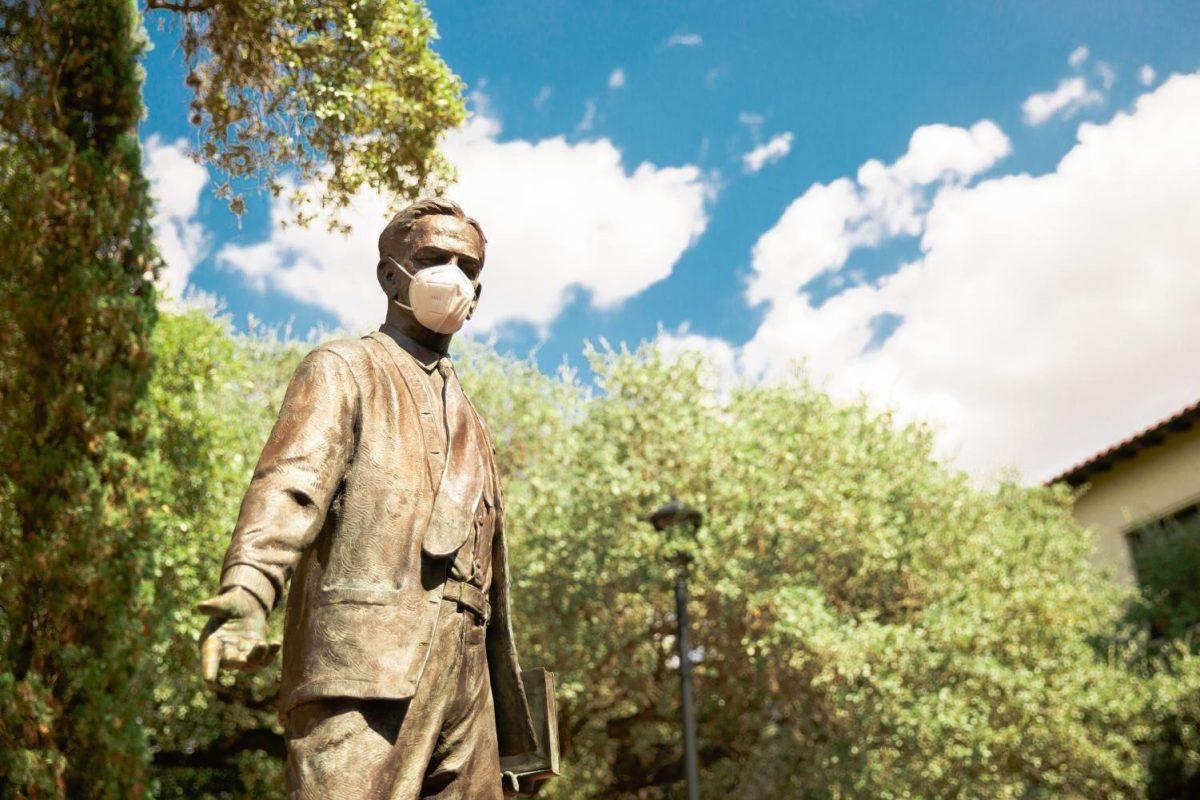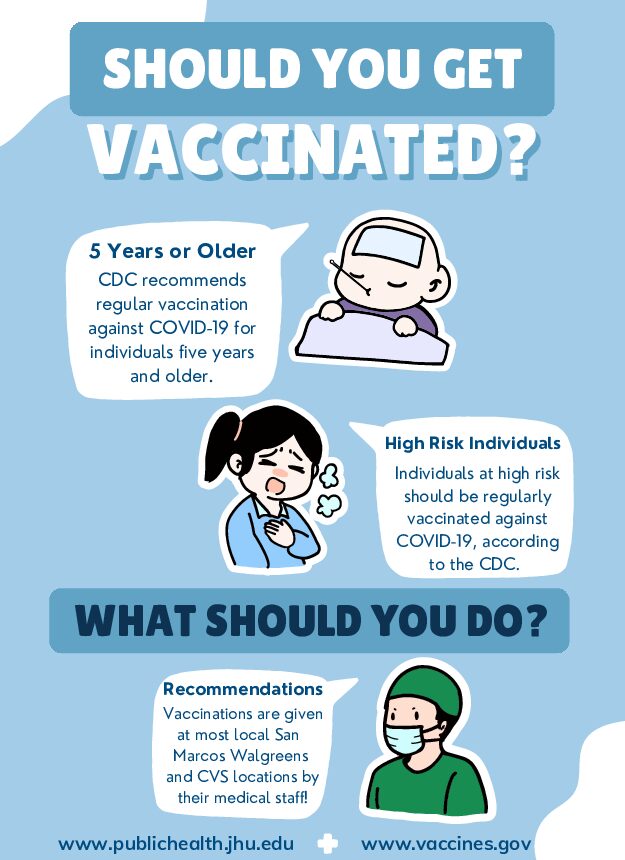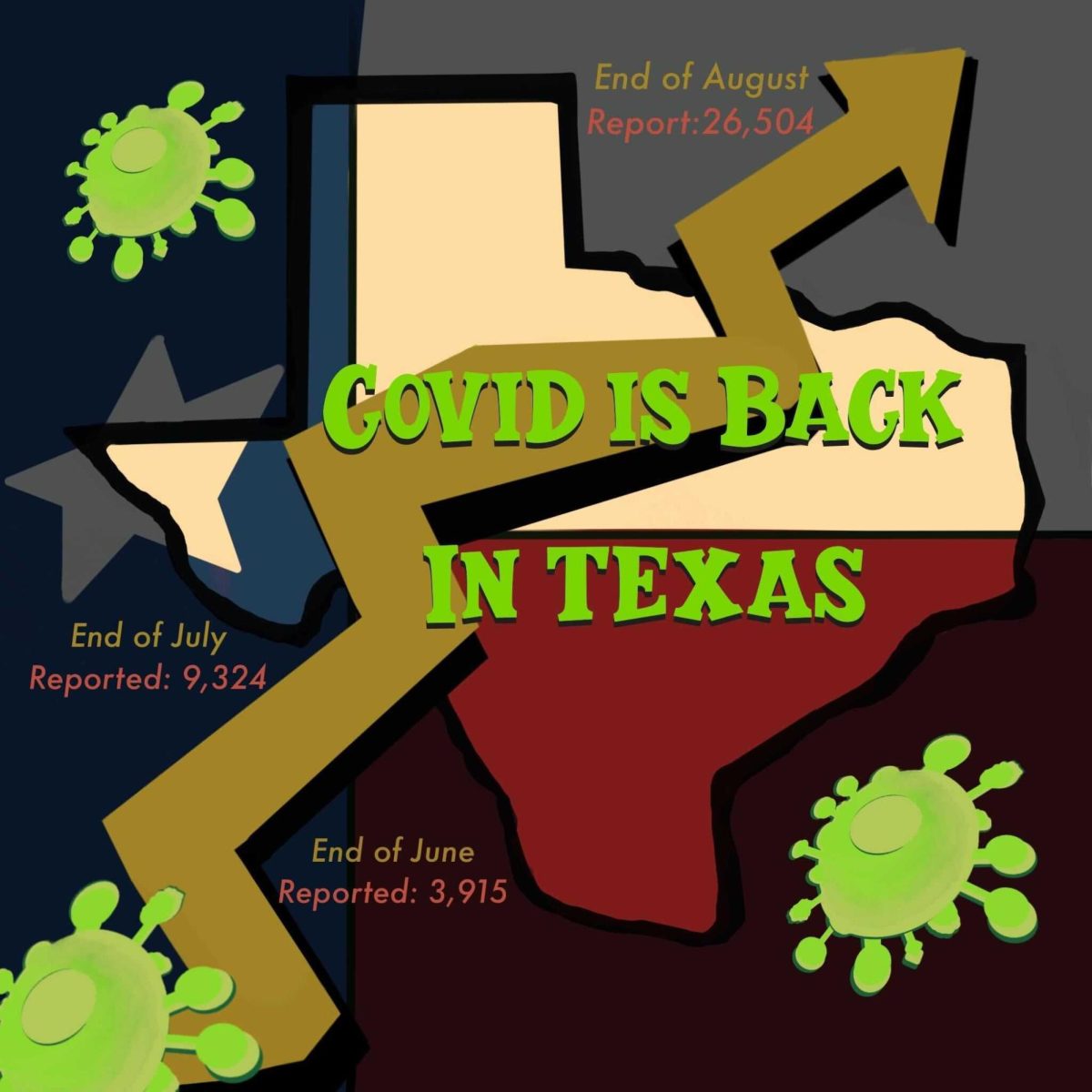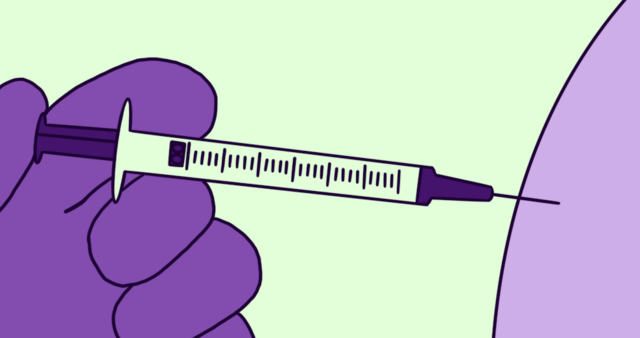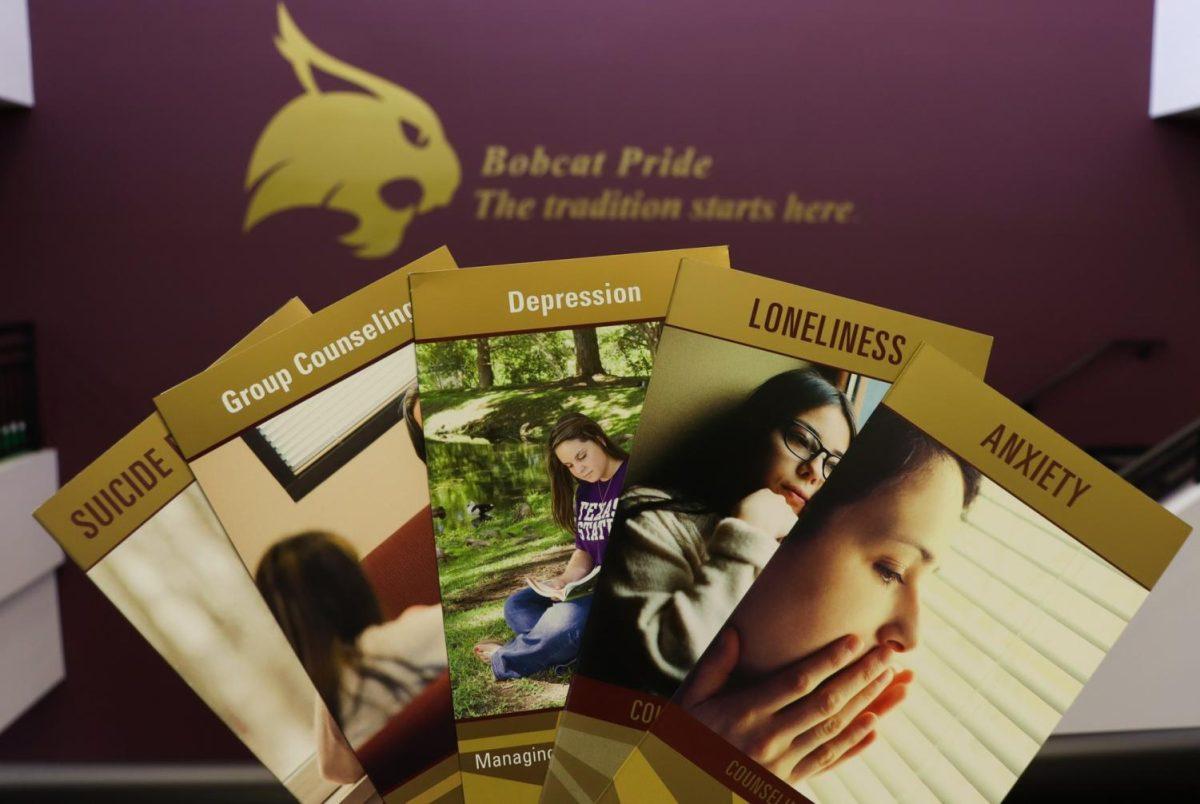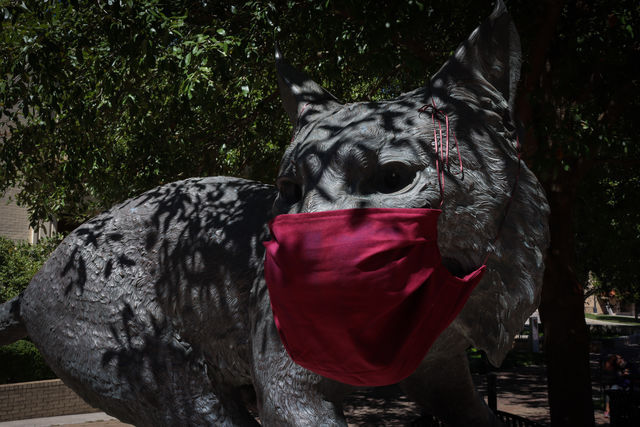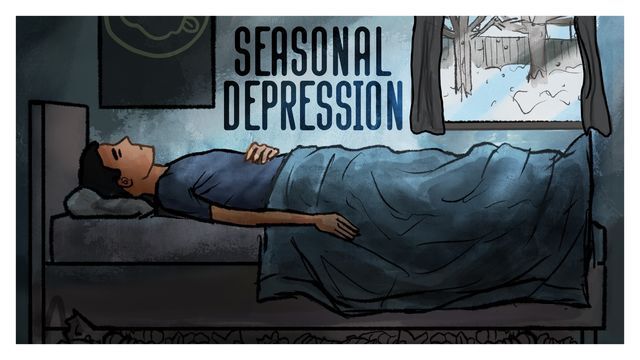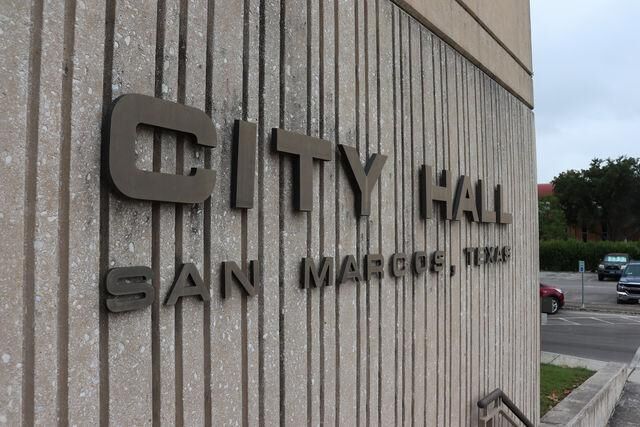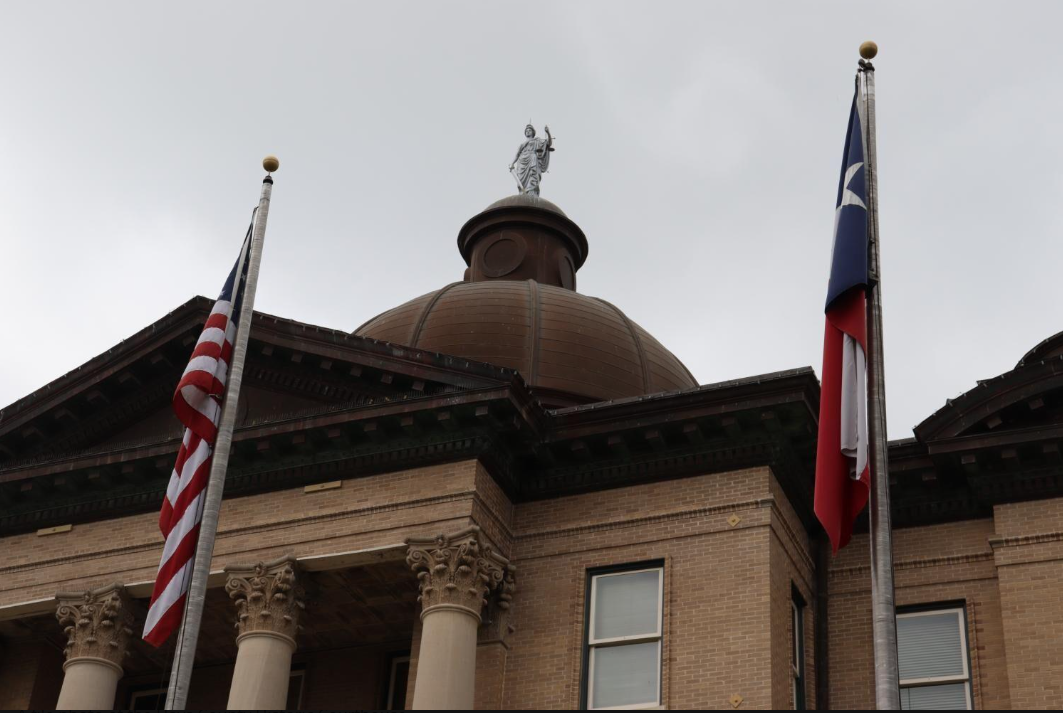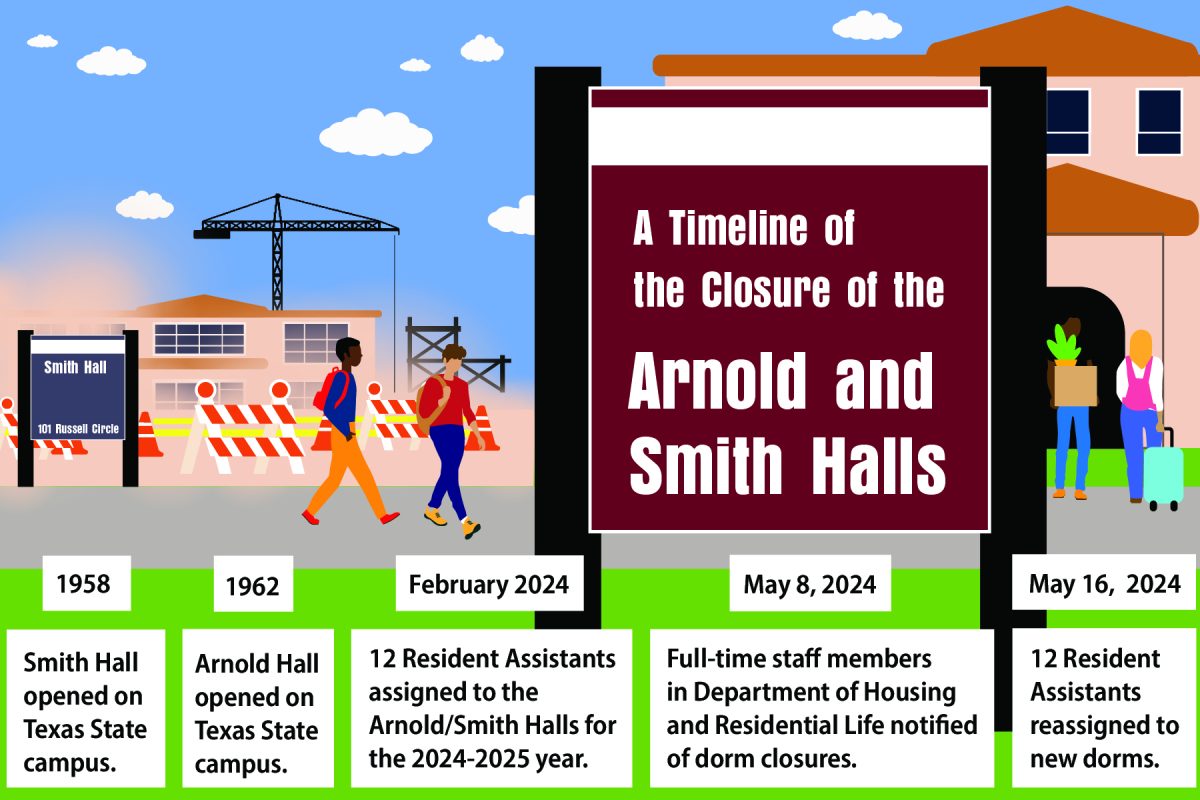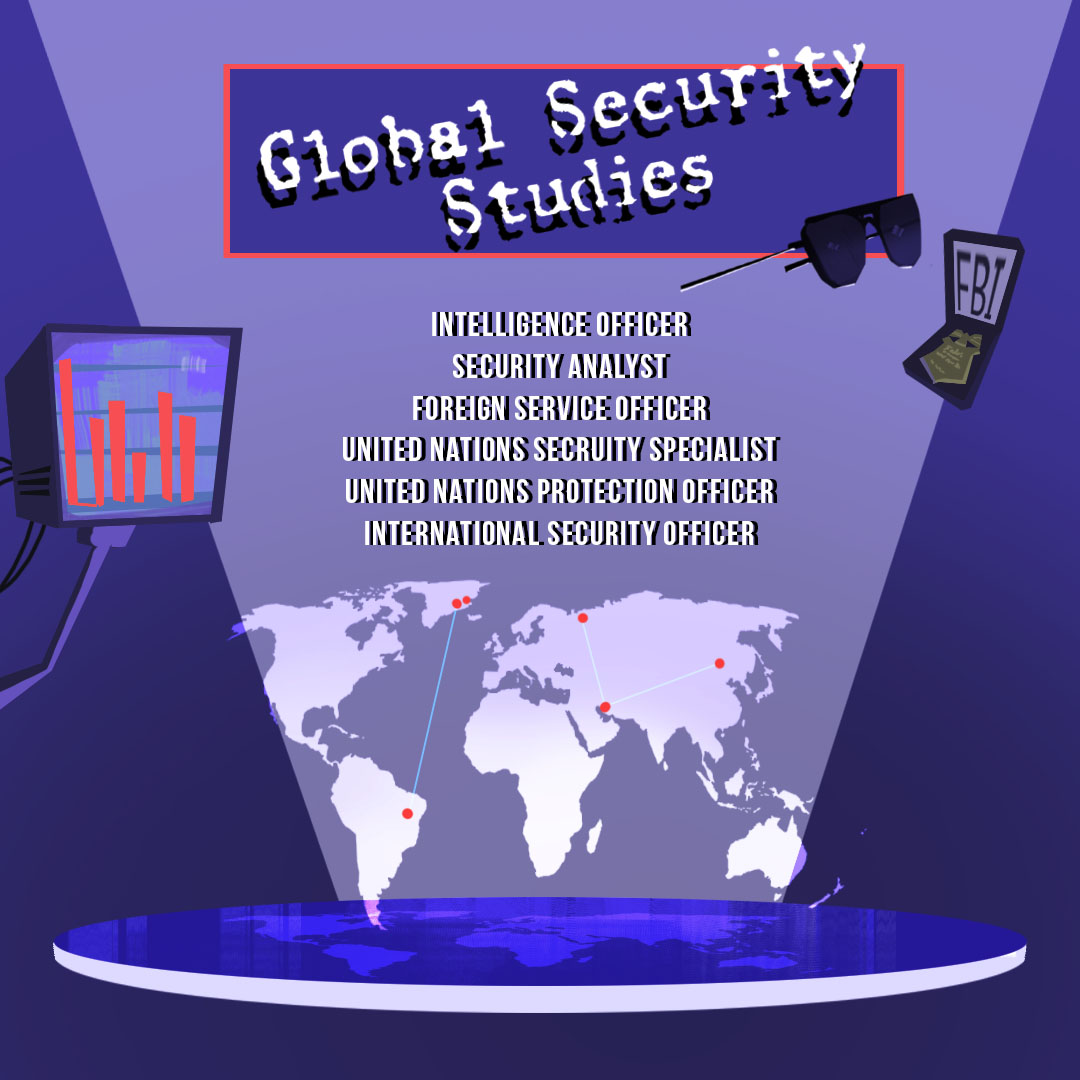As the first week of classes come to a close, university leaders addressed campus concerns and answered student questions regarding absences, possible COVID-19 outbreaks and the Delta variant at Texas State’s virtual town hall on Aug. 26.
President Denise Trauth, Chief Medical Officer and Student Health Center Director Dr. Emilio Carranco, Vice President for Student Affairs Cynthia L. Hernandez, Student Body President Andrew Gryce and Provost and Vice President for Academic Affairs Gene Bourgeois gathered and provided a Q&A for students regarding COVID-19.
President Trauth began the town hall by listing six safety measures she hopes every member of Texas State is abiding by which include: getting vaccinated, wearing masks at all times, getting tested for COVID-19 regardless of vaccination status, reporting positive cases to Bobcat Trace, staying home and testing if suffering from cold-like or COVID-19 symptoms and lastly, isolating and quarantining when directed by Bobcat Trace.
Carranco also encouraged the campus community to get vaccinated and says being vaccinated is a highly effective form of protection and side effects are rare.
“Vaccines are not perfect, and in a small number of people we see some serious side effects and so we acknowledge that that’s a possibility, but I think we need to put it in perspective. Yes, there could be serious side effects, but that occurs, about one to 11 times in one million vaccinated people. So, it is a very rare event,” Carranco says.
Carranco also warns students, faculty and staff to be cautious when feeling sick and says the symptoms of the Delta variant mimic those of a simple cold or allergies.
“What we’re seeing with Delta is that oftentimes it presents like a cold, so you may have a runny nose, sore throat, headache, fever, body aches; these are the kinds of symptoms that a lot of people would brush off as if, ‘it’s probably just a cold’, or ‘maybe it’s my allergies.’ You cannot do that this fall. What we want you to do is if you develop any of these symptoms to stay at home. Stay home and try to get a COVID-19 test as soon as you can,” Carranco says.
When it comes to concerns about attendance or missing class due to possible exposure, Bourgeois says students must talk to their individual professors. He adds students can report to Bobcat Trace if they have received a positive test result.
“Please note that what we are articulating to faculty, is that the notifications that come out from Bobcat Trace in terms of you being requested to isolate in a quarantine, we are asking faculty members, again, to accept those as official notices that you need to be absent from the class,” Bourgeois says. “We also then expect faculty to work with you on the appropriate ways of making up those absences.”
Trauth says the university decided to make classes mostly in-person due to students in the most recent online semesters adjusting poorly to remote instruction. She says many students still have the option to opt for online classes if they do not want to learn in person.
“We know from data that we have across both from K-12 and universities, that the remote instruction that students experienced during the last 18 months, in general, was not as effective as in-person instruction. Now, that isn’t to say that online learning is completely bad. We have lots of programs that deliver instruction, either partially or completely, online,” Trauth says.
As of now, Carranco says a big concern will be monitoring COVID-19 transmissions on campus and how to respond to cases.
“We want to look for evidence of transmission across our campus,” Carranco says. “We want to look at how that transmission is affecting our operations, how is it affecting the classroom, how is it affecting our departments. We want to look at our ability to respond to those situations; can we still provide teaching effectively? Can we still provide services effectively? Can we still support our students? So, we do have to be very focused on what’s happening on our campus.”
The university plans to have a testing center at the Round Rock campus by Sept. 6 and has increased mental health resources for students impacted by COVID-19. Two new counselors have been hired to the health center so students can visit counselors for expanded hours. The university has also started its fall semester Bobcat Cares COVID-19 Emergency Relief Fund.
Students can get in contact with a counselor on the Counseling Center website and apply for Bobcat Cares on the Bobcat Online Scholarship System (BOSS).
Students ask questions, pose COVID-19 concerns at town hall
August 26, 2021
The LBJ statue wears a protective mask, Friday, Aug. 28, 2020, near the Quad on Texas State’s campus.
Donate to The University Star
Your donation will support the student journalists of Texas State University. Your contribution will allow us to purchase equipment and cover our annual website hosting costs.











